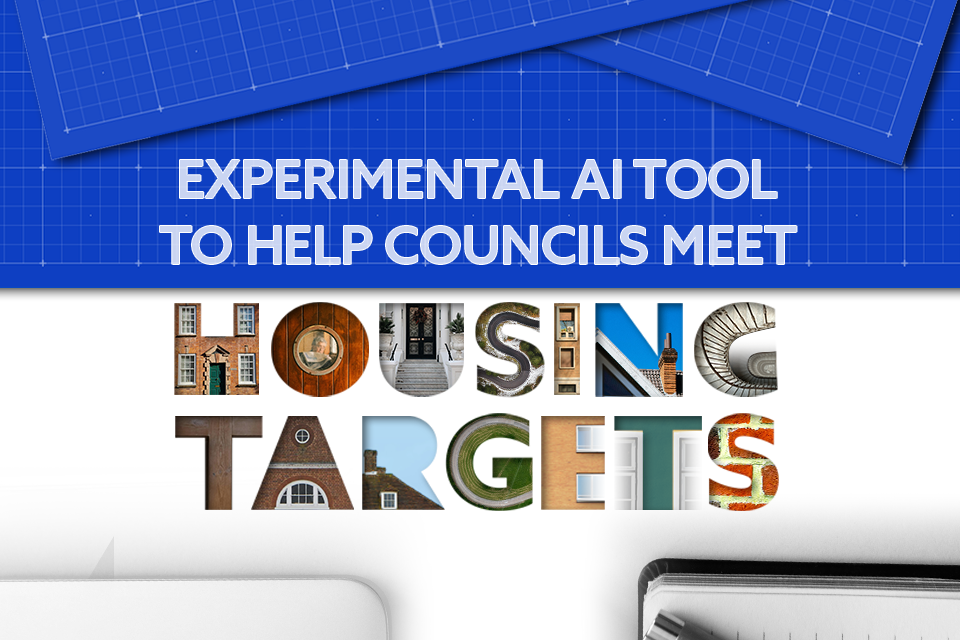-
A new AI tool to help councils make planning data more accessible and digital, converting poor scans of old, PDF and paper documents into machine-readable, shareable data in seconds is being built
-
Currently in early testing, the tool could reduce the time needed to convert old planning documents into digital records – performing in 40 seconds what typically takes 1-2 hours of planner’s time to complete
-
This type of tool could be used to strengthen public services and support deliver the government’s Plan for Change milestone to build 1.5 million homes over the next Parliament and drive economic growth
AI could be used to increase the availability of planning data, allowing councils to make more informed planning decisions faster, supporting the government’s Plan for Change mission to drive growth across the country and build 1.5 million homes.
Currently, many councils still use paper documents and scanned PDFs, slowing down the planning process – resulting in backlogs, inefficiencies, and wasted resources.
To help tackle this, a new programme will develop AI that provides higher quality data, in turn helping councils make faster, smarter planning decisions.
The new generative AI tool will turn old planning documents—including blurry maps and handwritten notes—into clear, digital data in just 40 seconds – drastically reducing the 1-2 hours it typically takes planners. By pulling key information from thousands of files, the tool helps cut delays, reduce errors in data, speed up planning decisions – freeing up planners’ time to focus on building the homes Britain needs.
Technology Secretary Peter Kyle said
The UK’s planning system has been held back for too long by outdated paper documents, slow processes, making it nearly impossible for councils to make informed decisions quickly.
As part of our Plan for Change, we’re using the power of AI to transform sluggish systems so we can start to rebuild. With Extract, councils will have access to better quality data so they can move more quickly on planning decisions and get on with driving growth.
Technology like this could be a vital step towards councils meeting targets to help build the 1.5 million new homes the country needs, all while updating and improving the planning system for the future.
Housing and Planning Minister Matthew Pennycook said
To kickstart economic growth and achieve the government’s ambitious Plan for Change milestone of building 1.5 million new homes in this Parliament, we need local planning authorities to be making informed decisions faster.
By harnessing new technology like Extract, we can tackle backlogs, inefficiencies and waste and ensure councils are focusing precious time and resources on efficiently determining applications to build new homes.
It is currently being tested and could be available to councils later this year, helping them to adopt smarter, more efficient planning tools that will improve the overall efficiency of the planning process.
The tool also has potential applications across the public sector because location-specific data is used to deliver services and inform government policy and decisions across departments.
It comes after the Technology Secretary revealed a £45 billion jackpot of productivity savings, if the public sector makes good use of technology to improve services and make processes more efficient.
This builds on a range of sweeping planning reforms the government has already made to get Britain building. This includes updating the National Planning Policy Framework, which according to the Office for Budget Responsibility (OBR) will boost the economy by £6.8 billion and drive housebuilding to its highest level in over 40 years, and through the pro-growth Planning and Infrastructure Bill.
Notes to editors
The Planning and Infrastructure Bill is currently going through Parliament. Read – Deputy PM tells Parliament Back reforms to get Britain building.







